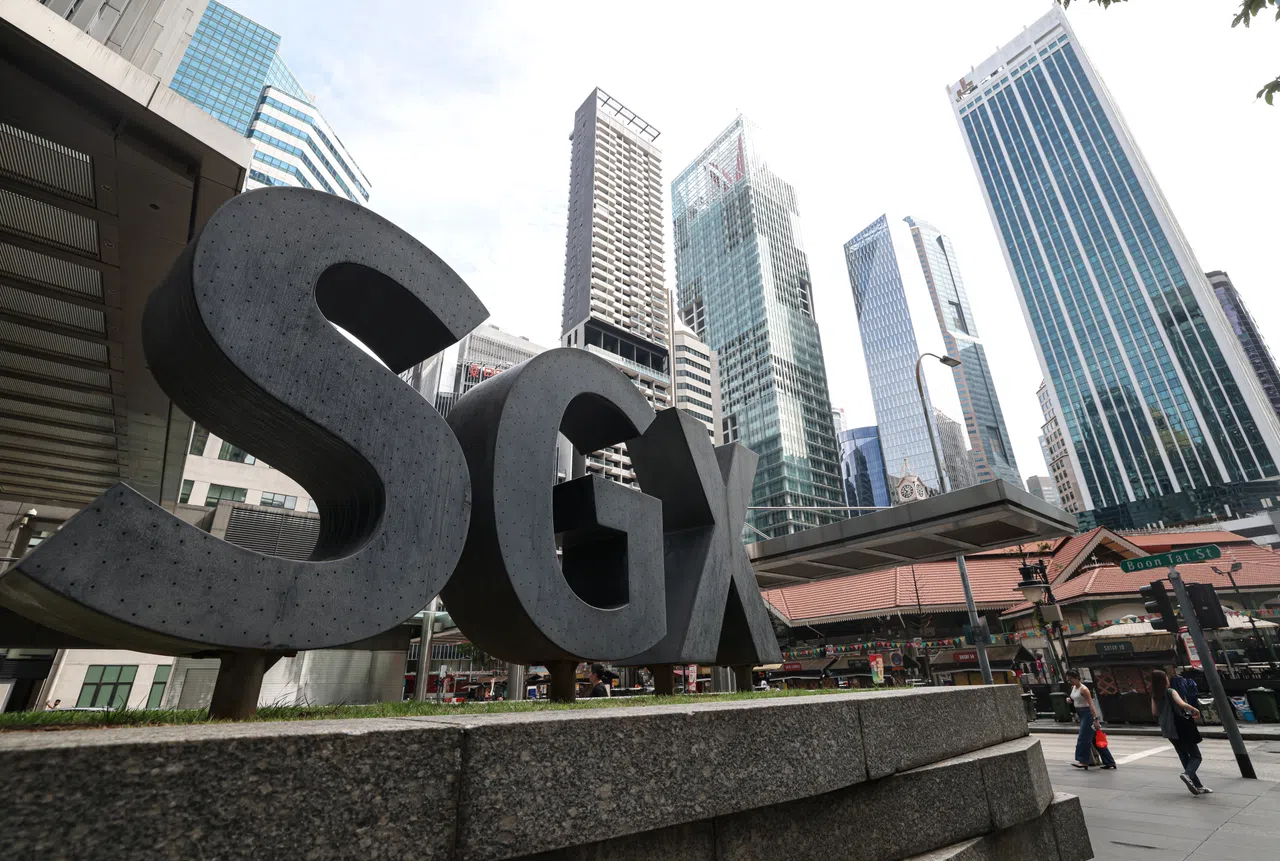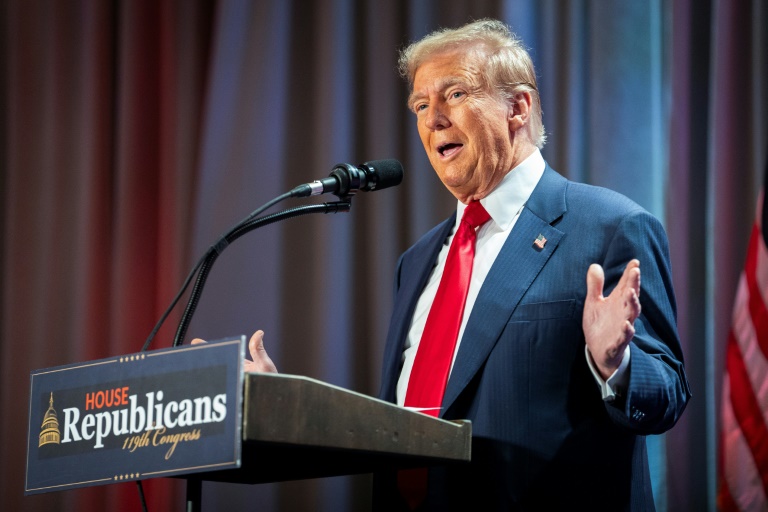SINGAPORE stocks fell on Tuesday (Nov 26), following a mixed picture in other Asian markets after US president-elect Donald Trump said he would impose an extra 10 per cent tariff on Chinese goods.
The Straits Times Index (STI) lost 0.5 per cent or 19 points to close at 3,712.39. Across the broader market, losers outnumbered gainers 283 to 242 after 1.2 billion securities worth S$1.6 billion changed hands.
On the STI, maritime vessel maker Yangzijiang Shipbuilding fell the most, losing 3.8 per cent or S$0.10 to S$2.53. Its shares also experienced high trading volumes, boosted by a series of married deals.
The top performer among the constituents was beverage company Thai Beverage, which gained 1.9 per cent or S$0.01 to finish at S$0.54.
The trio of local banks ended mixed. DBS lost 1.3 per cent or S$0.54 to S$41.71, OCBC slipped 0.6 per cent or S$0.09 to S$16.10, while UOB reversed earlier losses to rise 0.9 per cent or S$0.34 to S$36.35.
Elsewhere in the region, Japan’s Nikkei 225 was down 0.9 per cent and Australia’s ASX 200 slipped 0.7 per cent. South Korea’s Kospi Composite Index shed 0.6 per cent.
BT in your inbox
Start and end each day with the latest news stories and analyses delivered straight to your inbox.
Meanwhile, Malaysia’s FTSE Bursa Malaysia Kuala Lumpur Composite Index rose around 0.4 per cent. Chinese stocks were mixed despite Trump’s threat of tariffs, with Hong Kong’s Hang Seng index up 0.04 per cent and the Shanghai Composite down 0.1 per cent.
DBS said in a Tuesday note that Trump’s nomination of Scott Bessent as the next US Treasury secretary had reined in concerns over the tariffs, among other issues.
“Bessent had publicly said that Trump’s tariff threats are a negotiation tool to push trading partners to lower tariffs on US goods. He believes that tariffs should not be imposed on goods that the US does not make, and that they should be layered in to avoid excessive inflationary impact. These are positions that should avert the worst outcomes for global trade,” DBS wrote.
UOB economist Jester Koh, meanwhile, expects growth momentum in trade-related sectors including manufacturing to be sustained for the rest of 2024 and into early next year. This will be supported by the “ongoing upturn in the electronics cycle with tailwinds from some front-loading of exports and attendant ramp up in production ahead of Trump’s proposed tariffs on US imports”, he explained.







